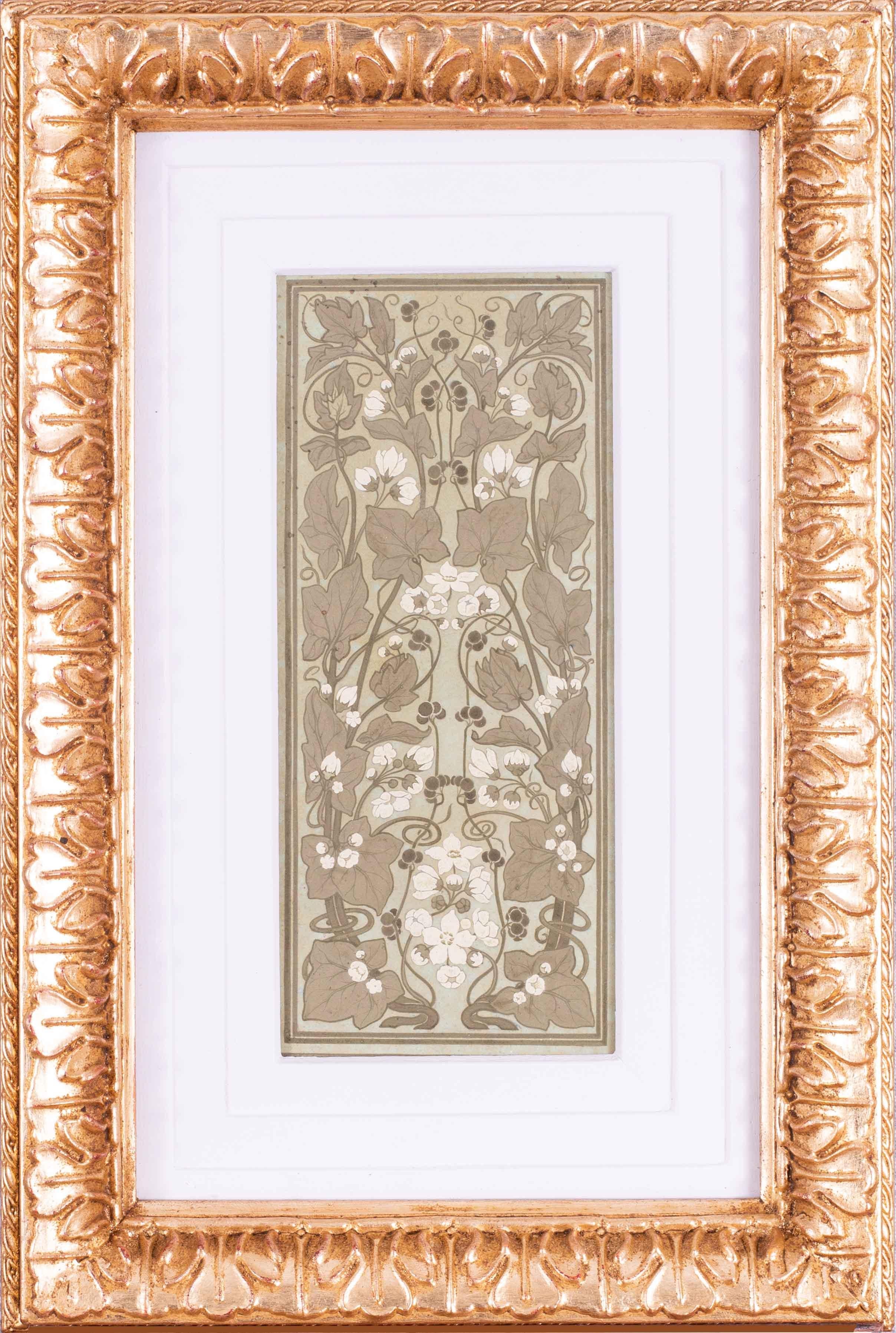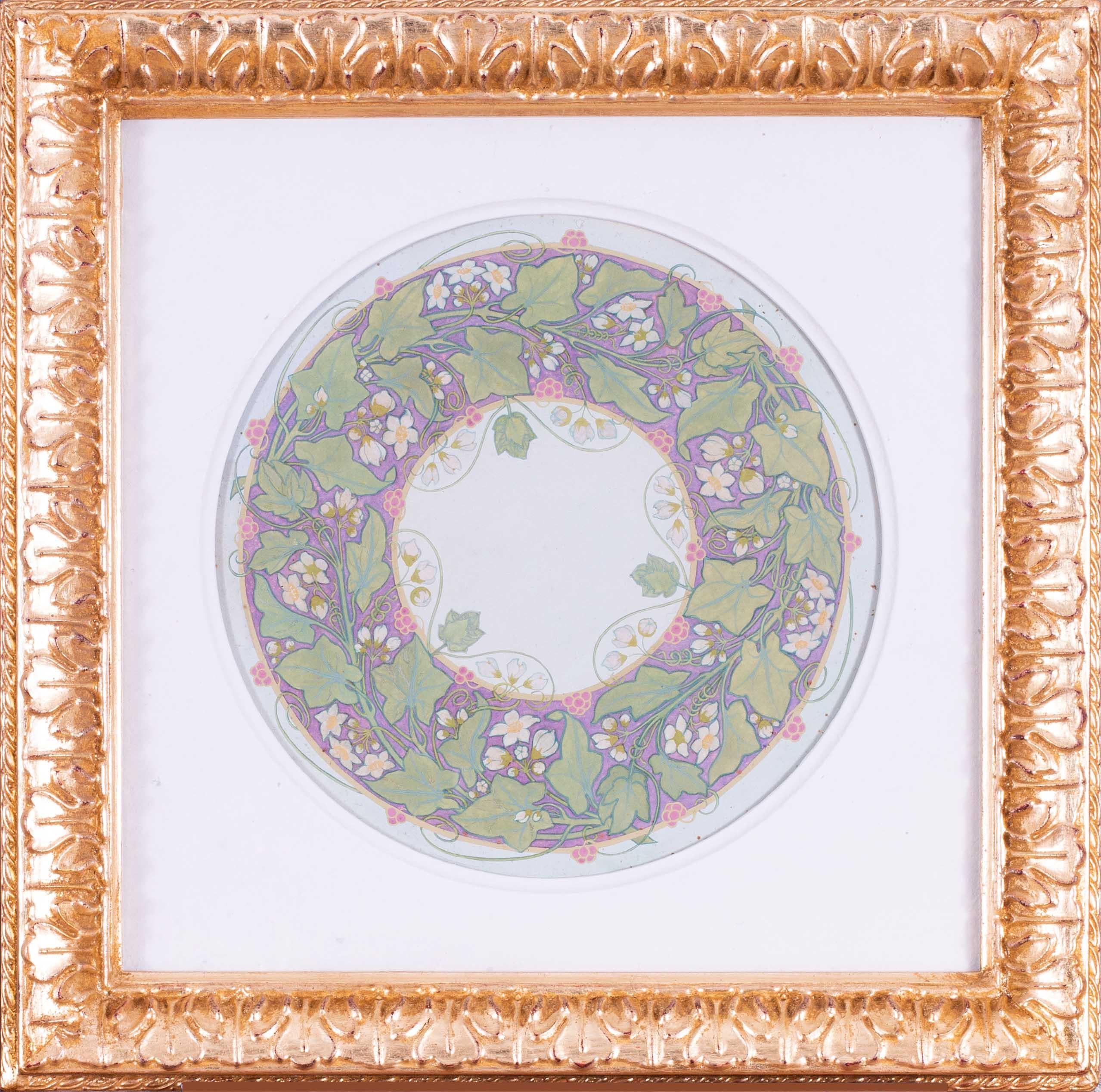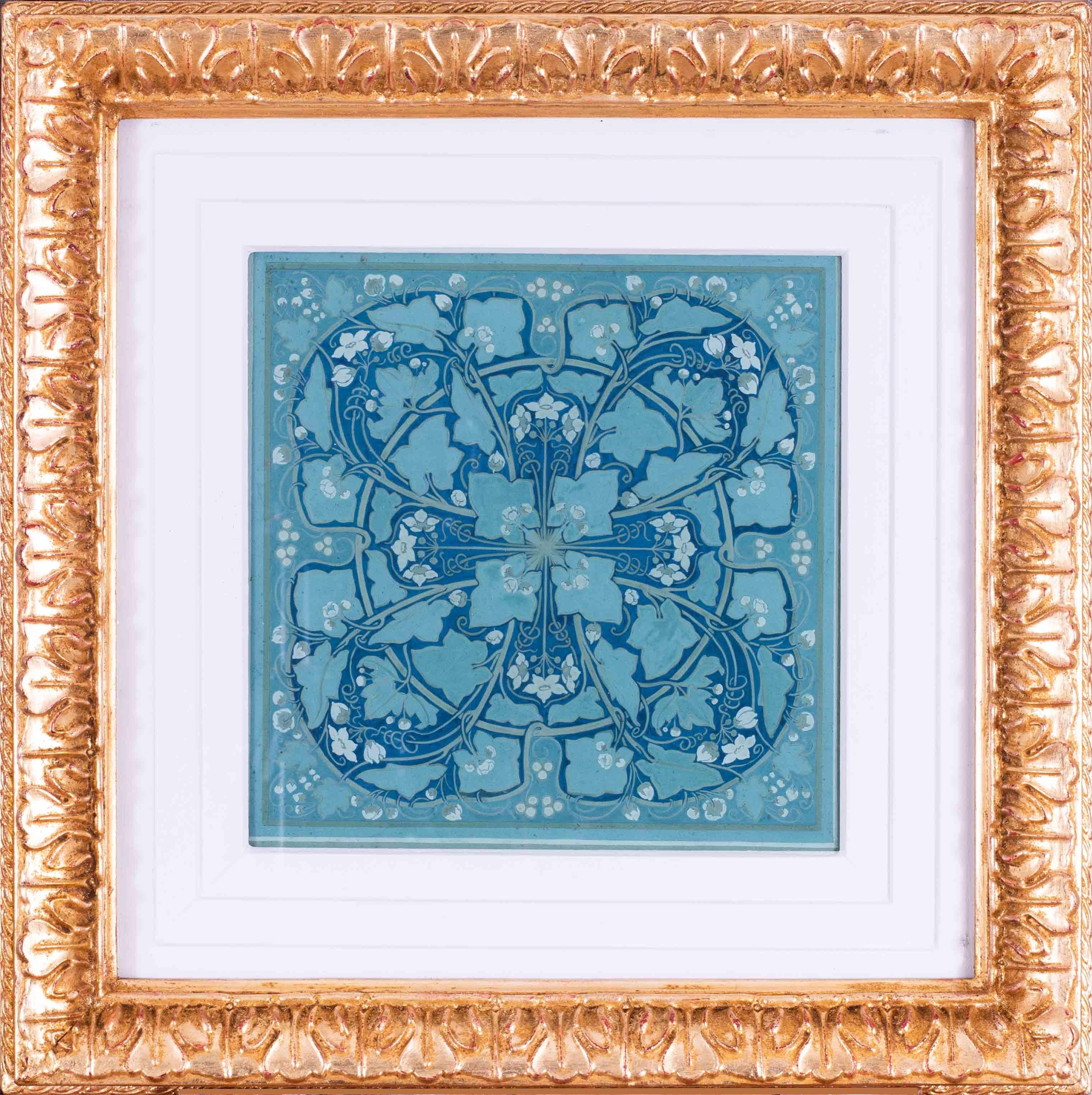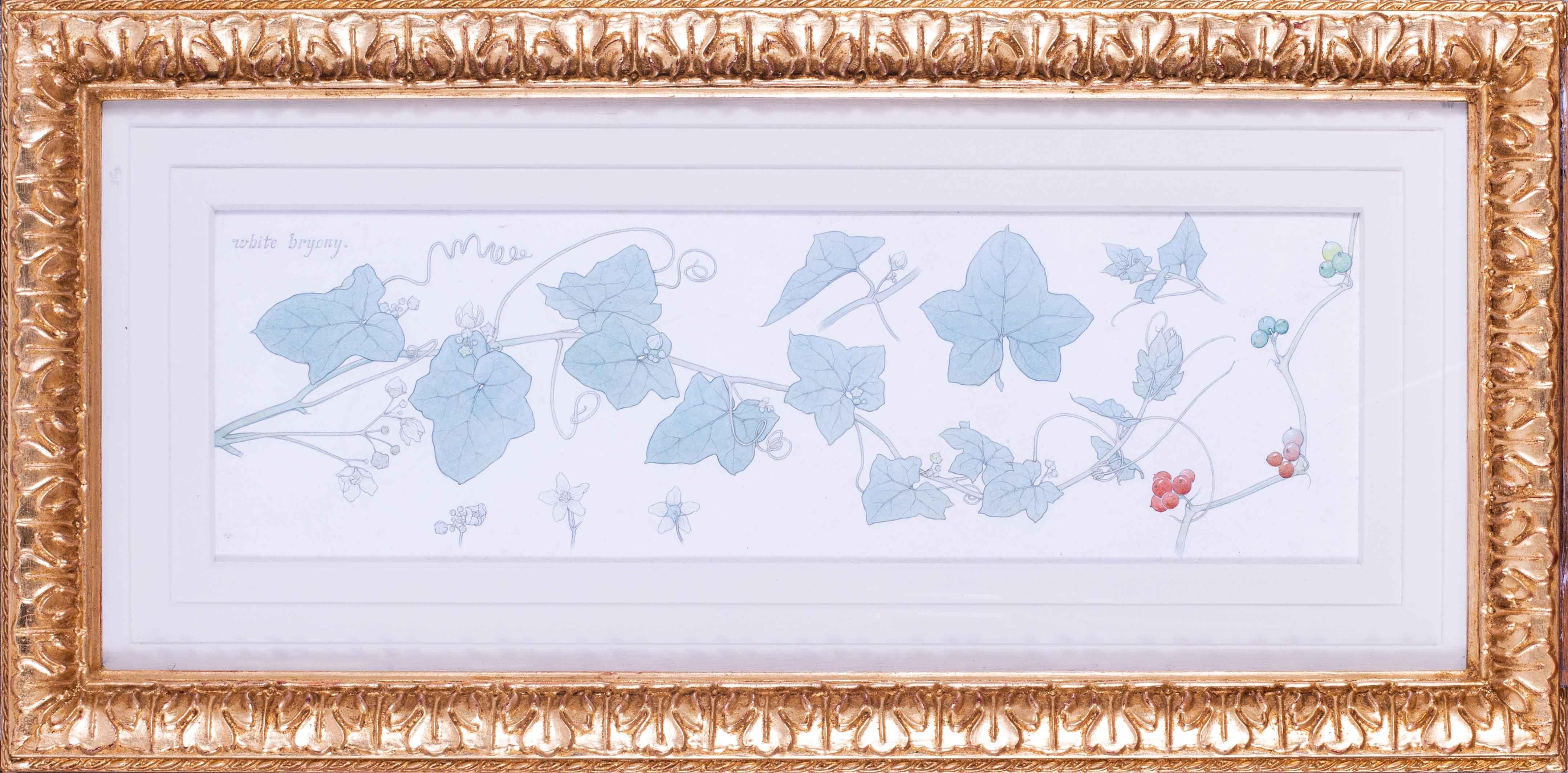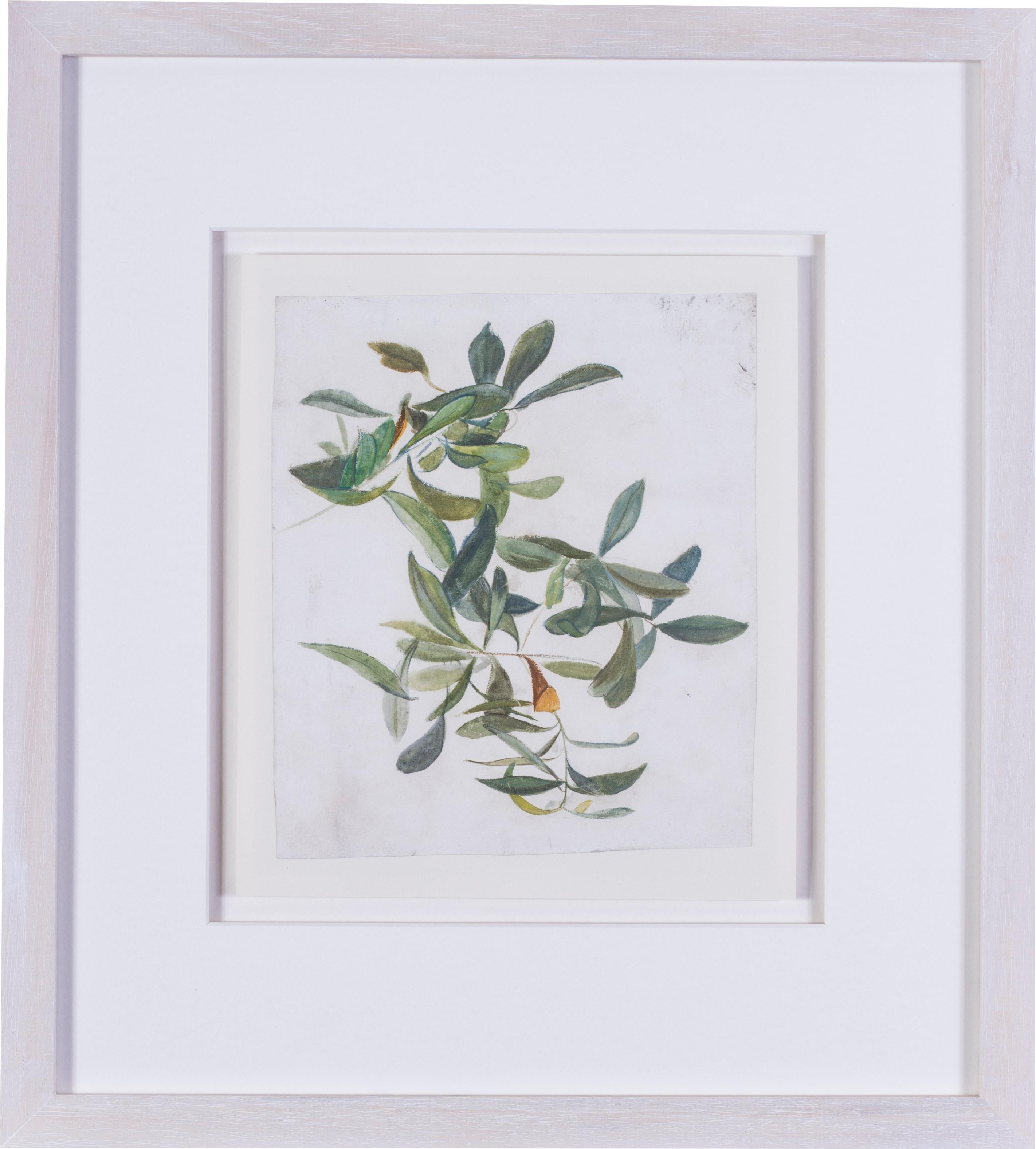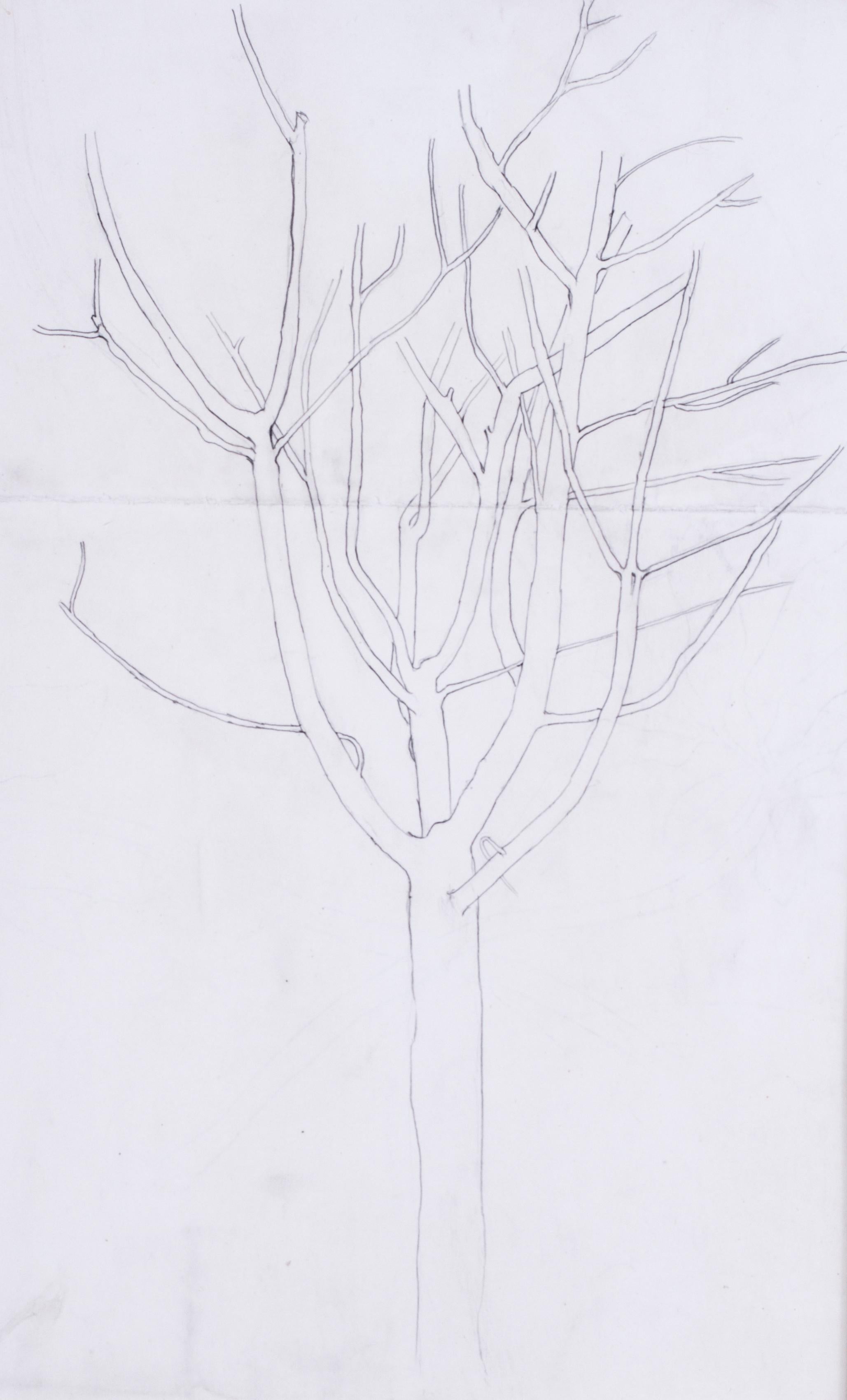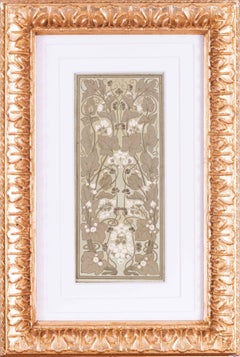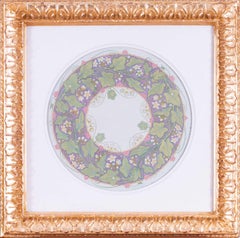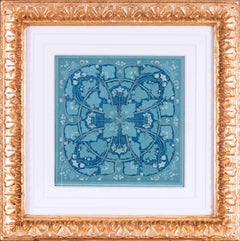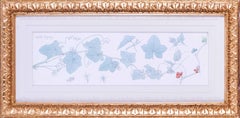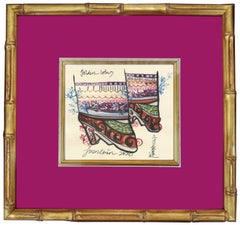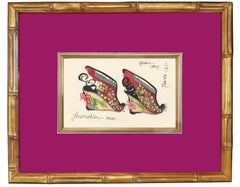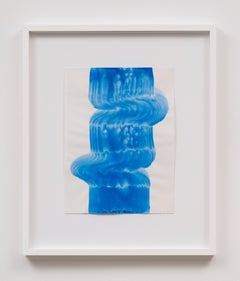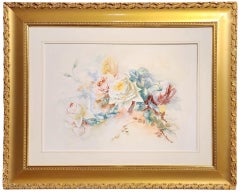Items Similar to An early 20th Century design of thistles by Edward Ridley
Want more images or videos?
Request additional images or videos from the seller
1 of 11
Edward RidleyAn early 20th Century design of thistles by Edward Ridley
About the Item
Edward Ridley (British, 1883-1946)
A design featuring thistles
Gouache
15 x 10 in. (38 x 25.4 cm.)
This design was one of 5 submitted for ACT certificate which were awarded winner of the National book prize in 1906.
- Creator:Edward Ridley
- Dimensions:Height: 15 in (38.1 cm)Width: 10 in (25.4 cm)Depth: 1 in (2.54 cm)
- Medium:
- Movement & Style:
- Period:
- Condition:In very good order, recently presented in a hand finished gilt composite frame behind glass in a painted wood slip.
- Gallery Location:Petworth, GB
- Reference Number:1stDibs: LU540311931832
About the Seller
4.9
Gold Seller
Premium sellers maintaining a 4.3+ rating and 24-hour response times
Established in 2010
1stDibs seller since 2017
262 sales on 1stDibs
Typical response time: 3 hours
- ShippingRetrieving quote...Shipping from: Petworth, United Kingdom
- Return Policy
Authenticity Guarantee
In the unlikely event there’s an issue with an item’s authenticity, contact us within 1 year for a full refund. DetailsMoney-Back Guarantee
If your item is not as described, is damaged in transit, or does not arrive, contact us within 7 days for a full refund. Details24-Hour Cancellation
You have a 24-hour grace period in which to reconsider your purchase, with no questions asked.Vetted Professional Sellers
Our world-class sellers must adhere to strict standards for service and quality, maintaining the integrity of our listings.Price-Match Guarantee
If you find that a seller listed the same item for a lower price elsewhere, we’ll match it.Trusted Global Delivery
Our best-in-class carrier network provides specialized shipping options worldwide, including custom delivery.More From This Seller
View AllAn oblong design featuring ivy in blossom by British early 20th Century artist
Located in Petworth, West Sussex
Edward Ridley (British, 1883-1946)
An oblong design featuring ivy in blossom
Gouache
10.5/8 x 4.3/8 in. (27 x 11.2 cm.)
This design was one of 5 submitt...
Category
20th Century Pre-Raphaelite Still-life Drawings and Watercolors
Materials
Gouache
A circular design of ivy by early 20th Century British Edward Ridley
Located in Petworth, West Sussex
Edward Ridley (British, 1883-1946)
A circular design featuring ivy in blossom
Gouache
9.7/8 in. (25 cm.) tondo
This design was one of 5 submitted for ACT...
Category
Early 20th Century Pre-Raphaelite Still-life Drawings and Watercolors
Materials
Gouache
A squared design featuring ivy in blossom, blue green early 20th century British
Located in Petworth, West Sussex
Edward Ridley (British, 1883-1946)
A squared design featuring ivy in blossom
Gouache
9 x 9 in. (22.8 x 22.8 cm.)
This design was one of 5 submitted for ...
Category
Early 20th Century Pre-Raphaelite Still-life Drawings and Watercolors
Materials
Gouache
Early 20th Century watercolour design of white bryony by British artist Ridley
Located in Petworth, West Sussex
Edward Ridley (British, 1883-1946)
White Bryony
Watercolour
6.1/8 x 20.1/2 in. (15.6 x 52.2 cm.)
This design was one of 5 submitted for ACT certificate a...
Category
20th Century Pre-Raphaelite Still-life Drawings and Watercolors
Materials
Paper, Watercolor
Pre-Raphaelite, British turn of the 20th C, 'Olive branch', by Evelyn de Morgan
By Evelyn de Morgan
Located in Petworth, West Sussex
Evelyn De Morgan (British, 1855 – 1919)
An olive branch
Watercolour on paper
9 x 7.1/2 in. (22.8 x 19 cm.)
Provenance: The Clayton-Stamm Collection. ...
Category
Late 19th Century Pre-Raphaelite Interior Drawings and Watercolors
Materials
Paper, Watercolor
British turn of the 20th Century 'Narcissi' by Pre-Raphaelite Evelyn de Morgan
By Evelyn de Morgan
Located in Petworth, West Sussex
Evelyn De Morgan (British, 1855 – 1919)
Narcissi
Pencil on paper
5.1/2 x 15 in. (14 x 38 cm.)
Provenance: The Clayton-Stamm Collection.
Dominic Wint...
Category
Late 19th Century Pre-Raphaelite Interior Drawings and Watercolors
Materials
Paper, Pencil
You May Also Like
Women Art, Antique, Chinese Lotus Stilettoes Drawing, Asian Art, Gold Framed
Located in Sungai Petani, Kedah
Golden Lotus II is a mixed media drawing. The drawing is being framed in a finely crafted gilded lacquered wood frame. The inner gilded lacquered wood frame and the Thai silk in mage...
Category
2010s Qing Still-life Drawings and Watercolors
Materials
Paper, Ink, Mixed Media, Watercolor, Gouache, Permanent Marker
Women Art, Antique, Chinese Lotus Stilettoes Drawing, Asian Art, Gold Framed
Located in Sungai Petani, Kedah
Golden Lotus I is a mixed media drawing. The drawing is being framed in a finely crafted gilded lacquered wood frame. The inner gilded lacquered wood frame and the Thai silk in magen...
Category
2010s Qing Still-life Drawings and Watercolors
Materials
Paper, Ink, Mixed Media, Watercolor, Gouache, Permanent Marker
Untitled (Wasserzeichnung / Water drawing)
Located in New York, NY
In her 1980s series of 'Wasserzeichnungen' (Water Drawings), Heidi Bucher used gestural marks in gouache on paper to create what can be described as "wate...
Category
1980s Contemporary Abstract Drawings and Watercolors
Materials
Paper, Gouache
Price Upon Request
Antique American Floral Still Life of Roses, Delicately Rendered
Located in Grand Rapids, MI
Antique Floral Still Life of Roses, Delicatly Rendered
American, 19th/20th Century
Signed: A. Ziffel 1906 (Lower, Right)
" Still Life of Roses ", 1906
Watercolor and Gouache on...
Category
Early 20th Century Still-life Drawings and Watercolors
Materials
Paper, Watercolor, Gouache, Graphite
Projet de Tissus - Fauvist Flowers Watercolor & Gouache by Raoul Dufy
By Raoul Dufy
Located in Marlow, Buckinghamshire
Botanical watercolour and gouache on paper circa 1920 by French fauvist painter Raoul Dufy. The work depicts flowers in red, blue and green. This work was executed by Dufy as a fabric design.
Dimensions:
Framed: 19.5"x19.5"
Unframed: 12"x12"
Provenance:
Private collection of works by Raoul Dufy for Bianchini Ferier
Bianchini Ferrier Collection - Christie's London - July 2001
SF Fall Show
Raoul Dufy was one of a family of nine children, including five sisters and a younger brother, Jean Dufy, also destined to become a painter. Their father was an accountant in the employ of a major company in Le Havre. The Dufy family was musically gifted: his father was an organist, as was his brother Léon, and his youngest brother Gaston was an accomplished flautist who later worked as a music critic in Paris. Raoul Dufy's studies were interrupted at the age of 14, when he had to contribute to the family income. He took a job with an importer of Brazilian coffee, but still found time from 1892 to attend evening courses in drawing and composition at the local college of fine arts under Charles Marie Lhullier, former teacher of Othon Friesz and Georges Braque. He spent his free time in museums, admiring the paintings of Eugène Boudin in Le Havre and The Justice of Trajan in Rouen. A municipal scholarship enabled him to leave for Paris in 1900, where he lodged initially with Othon Friesz. He was accepted by the École des Beaux-Arts, where he studied under Léon Bonnat, whose innate conservatism prompted Dufy to remark later that it was 'good to be at the Beaux-Arts providing one knew one could leave'.
And leave he did, four years later, embarking with friends and fellow students on the rounds of the major Paris galleries - Ambroise Vollard, Durand-Ruel, Eugène Blot and Berheim-Jeune. For Dufy and his contemporaries, Impressionism represented a rejection of sterile academism in favour of the open-air canvases of Manet, the light and bright colours of the Impressionists, and, beyond them, the daringly innovative work of Gauguin and Van Gogh, Seurat, Cézanne, Toulouse-Lautrec and others. Dufy was an out-and-out individualist, however, and was not tempted to imitate any of these artists. He produced, between 1935 and 1937, Fée Electricité (Spirit of Electricity), the emblem for the French utilities company Electricité de France (EDF).
Dufy visited the USA for the first time in 1937, as a member of the Carnegie Prize jury. In 1940, the outbreak of war (and his increasingly rheumatic condition) persuaded him to settle in Nice. When he eventually returned to Paris 10 years later, his rheumatism had become so debilitating that he immediately left for Boston to follow a course of pioneering anti-cortisone treatment. He continued working, however, spending time first in Harvard and then in New York City before moving to the drier climate of Tucson, Arizona. The cortisone treatment was by and large unsuccessful, although he did recover the use of his fingers. He returned to Paris in 1951 and decided to settle in Forcalquier, where the climate was more clement. Within a short time, however, he was wheelchair-bound. He died in Forcalquier in March 1953 and was buried in Cimiez.
Between 1895 and 1898, Raoul Dufy painted watercolours of landscapes near his native Le Havre and around Honfleur and Falaise. By the turn of the century, however, he was already painting certain subjects that were to become hallmarks of his work - flag-decked Parisian cityscapes, Normandy beaches teeming with visitors, regattas and the like, including one of his better-known early works, Landing Stage at Ste-Adresse. By 1905-1906 Friesz, Braque, Matisse, Derain, Vlaminck, Van Dongen and Rouault were described collectively as Fauves (the wild beasts). What they had in common was a desire to innovate, but they felt constrained nonetheless to meet formally to set out the guiding principles of what promised to be a new 'movement'. Dufy quickly established that those principles were acceptable; moreover, he was most impressed by one particular painting by Henri Matisse ( Luxury, Calm and Voluptuousness) which, to Dufy, embodied both novelty and a sense of artistic freedom. Dufy promptly aligned himself with the Fauves. Together with Albert Marquet in particular, he spent his time travelling the Normandy coast and painting views similar...
Category
1920s Fauvist Still-life Drawings and Watercolors
Materials
Paper, Watercolor, Gouache
Still Life
Located in Edinburgh, GB
This drawing by Johann Rudolf Feyerabend, known as Lelong, is a finely executed still life that captures a rustic yet elegant composition. The detailed rendering of objects—such as t...
Category
Late 18th Century Old Masters Still-life Drawings and Watercolors
Materials
Paper, Gouache
